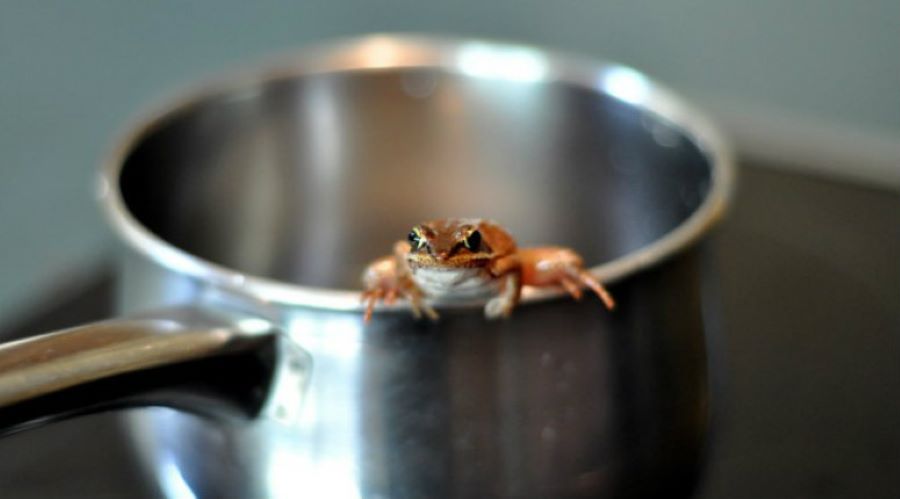I found a newspaper clipping of a one hundred year old recipe, “How to Preserve a Husband,” between the pages of an old thrift shop cookbook of mine fifteen years ago. I just found it again in one of my old, old computer folders, now it is at least a one hundred and fifteen year old recipe!
HOW TO PRESERVE A HUSBAND
A good many husbands are utterly spoiled by mismanagement. Some women go about it as if their husbands were balloons, and blow them up. Others keep them constantly in hot water; others let them freeze by their carelessness and indifference.
Some keep them in a stew by irritating ways and words. Others roast them; some keep them in a pickle all their lives.
It cannot be supposed that any husband will be tender and good managed in any of these ways; but they are really delicious when properly prepared and treated.
In selecting a husband, you should not be guided by the silvery appearance, as in buying mackerel, nor yet by the golden tints, as if you wanted salmon. Be sure to select him yourself, as tastes differ.
Do not go to the market for him, as the best are always brought to your door. It is far better to have none, unless you will patiently learn how to cook him.
A preserving kettle of finest porcelain is the best. See that the linen in which you wrap him is nicely washed and mended, the required number of buttons and strings sewn on. Tie him in the kettle by a strong silk cord called comfort, as the one called duty is apt to be weak.
Husbands are apt to fly out of the kettle and be burned and crusty since like crabs and lobsters, you have to cook them alive.
Make a clean, steady fire out of love, neatness and cheerfulness. Set him as near this as seems to agree with him. If he sputters and fizzes, do not be anxious; some husbands do this until they are quite done.
Add a little sugar in the form of what confectioners call kisses, but no pepper or vinegar whatever. A little spice improves them.
Do not stick any sharp instrument into him to see if he is becoming tender. Stir him gently, watching the while lest he lie too close to the kettle and so becomes useless. You cannot fail to know when he is done.
If thus treated you will find him very digestible, and he will keep as long as you want him unless you become careless and set him in too cold a place.
